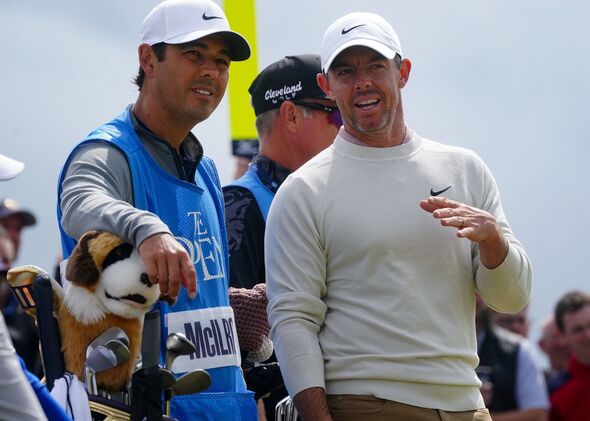Alright, let’s talk about this Harry Diamond situation. It popped onto my radar recently, maybe I saw the name mentioned in an article or a discussion somewhere, I can’t quite recall exactly where. But it stuck in my head, you know? And I thought, okay, what’s the deal here? Is there another side to the story? People usually have opinions, especially if someone’s work gets a bit of attention. So, I decided to do a little digging, just to see what folks were saying, specifically looking for criticism.

My first step was pretty basic. I just fired up my browser and typed in stuff like “Harry Diamond criticism” or “issues with Harry Diamond’s work”. You know how it goes, just casting a wide net initially. The results were… well, a mixed bag, as they often are. Lots of noise, some irrelevant stuff, the usual internet chaos.
Sorting Through the Noise
I had to sift through quite a bit. Some mentions were just passing comments on forums, others seemed like maybe more academic responses, but locked behind paywalls or written in that dense language I can’t stand. It took a while to find anything that felt substantial, like actual points people were trying to make. It wasn’t like there was one big, central place listing all the counterarguments. It was more like finding puzzle pieces scattered around.
Eventually, I started noticing a few recurring themes in the critiques I could access. It wasn’t always super clear-cut, mind you, often just fragments of arguments, but here’s the gist of what I pieced together:
- Methodology Questions: Some people seemed uneasy about how he actually did his work. They raised questions about the process, whether it was rigorous enough, or if the data he used really supported his claims. It felt like a common thread – poking holes in the ‘how’.
- Interpretation Debates: Then there were folks who didn’t necessarily dispute the raw findings, but strongly disagreed with what Diamond concluded from them. They felt he was maybe stretching the implications too far, or ignoring other possible explanations.
- Impact Concerns: A few bits I found hinted at worries about the real-world consequences or influence of his work. Was it being applied correctly? Were there ethical considerations that hadn’t been fully addressed? This part felt a bit vague, but the concern was there.
- Lack of Peer Support (Maybe?): I got the sense, though it wasn’t explicitly stated everywhere, that maybe his ideas weren’t universally accepted within whatever field he’s in. Sometimes criticism comes simply because an idea goes against the grain, you know?
My Takeaway After Digging
So, after spending a good chunk of time reading through these different viewpoints, what did I think? Honestly, it’s complicated. Some of the criticisms seemed pretty fair, the kind of questions you’d expect to be asked about any significant work. Questioning methods and interpretations is pretty standard stuff, right? Keeps everyone honest.
Other points felt a bit more like personal gripes or maybe came from people with competing ideas. It’s hard to tell sometimes without being an expert in the specific field. You read one thing, sounds convincing. Then you read the opposite, and that sounds convincing too. It definitely made me realize that just because someone’s name is out there, doesn’t mean everyone agrees with them, or that their work is flawless.

Ultimately, going through this process didn’t make me an expert on Harry Diamond or his critics. But it was a good reminder that it pays to look beyond the headlines or the most popular narrative. There’s usually more nuance, more debate happening beneath the surface. Finding that criticism wasn’t straightforward, but it definitely added more context to my understanding. It’s just part of the process, I guess – you hear something, you get curious, you dig around, and you end up with a slightly messier, but probably more realistic, picture.











